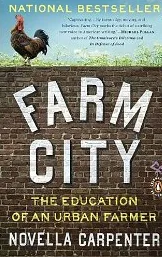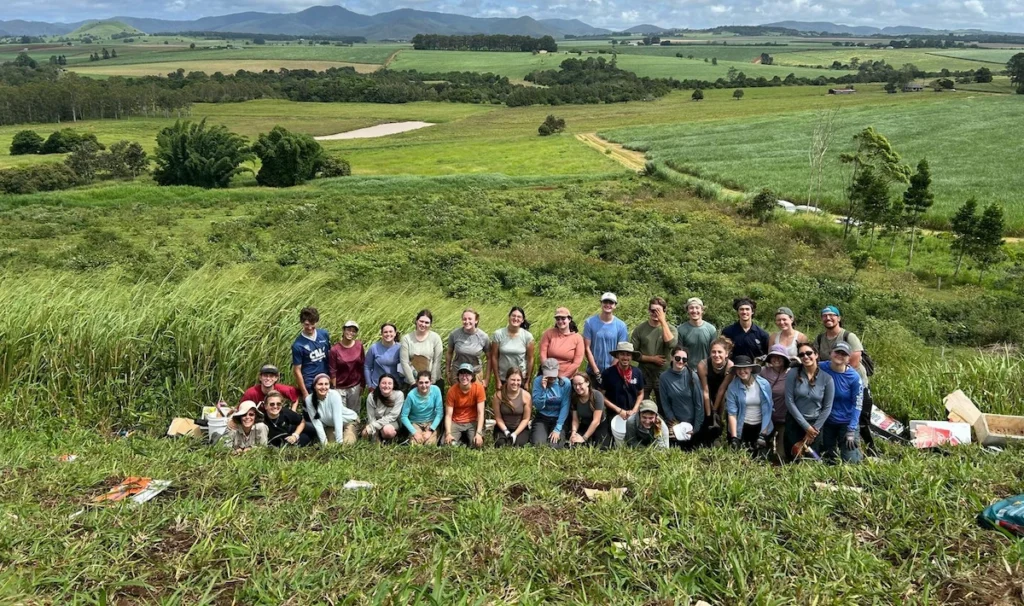SFS Book Review: Farm City by Novella Carpenter
“Farm City” was the first selection of SFS READS, our new book club! We do not have a formal meeting or membership, it’s just a chance for everyone in the SFS community to come together and exchange ideas. If you have some thoughts to share on “Farm City” or urban gardening, please let us know in the comments!

Novella Carpenter is an Urban Farmer. It’s a label she stumbles upon while carousing at a local speakeasy and it is a perfect fit to describe her unusual lifestyle. Novella may live in “the ghetto” of Oakland, California, but that doesn’t stop her from pursuing her agricultural dreams: from cultivating heirloom vegetables and fruit to keeping bees to raising poultry, rabbits, and even pigs.
The obstacles she encounters are uniquely urban. She must deal with teenage gang members, neighborhood dogs, and the not-so-minor detail that she is squatting on a vacant lot destined to one day be the site of condominiums. Her creative and resourceful solutions are urban, too. She picks weeds out of sidewalk cracks to feed the poultry, raids the Chinatown dumpster for her pigs, fashions pens out of objects discarded by the highway, and befriends a local restaurateur who shares his kitchen and techniques.
During one particularly challenging month, she experiments with living completely off the land and finds that it is possible. The fruits, veggies, eggs, and rabbits are plentiful. Home-brewed tea replaces coffee. Carbs prove to be more elusive with her disappointing potato crop, but she makes do by grinding up some ornamental corncobs for pancakes. It’s a moment of great accomplishment, but also great consternation. Her breath begins to stink, she is constantly hungry, and she misses the camaraderie that accompanies a great meal out at a local restaurant.
In this book, it is the livestock, rather the garden, that take center stage. New farmers must learn to nourish and care for their animals, but they must also learn to kill them. This is a two-pronged process. First, you have to investigate the physical process of killing. As Novella diligently asks the advice of others and checks out books from the library, the reader gets a glimpse of what it takes to move livestock from pen to plate. Secondly, you must come to terms with ending the life of a beloved pet named Maude. Not many Americans have the experience of knowing their meat, unlike in generations past. With Novella’s words, the reader gains a new respect for dinner.
Throughout “Farm City,” the reader is treated to Novella’s bright spirit, engaging wit, and humility. She is not a “trustafarian,” as she calls some members of the privileged class experimenting in agricultural side projects. She is eking out a life doing something she loves. The concept of farming the ghetto may seem a bit far-fetched at first, but her story shows that it is not only feasible, it can also be satisfying, ethical, sustainable, and a lot of fun.
Related Posts

Cinder Cone Chronicles: Lessons from Drought, Data, and Determination

Reuniting with Tanzania: Eric Walsh’s “Reunion Flag” Keeps the Spirit Alive
